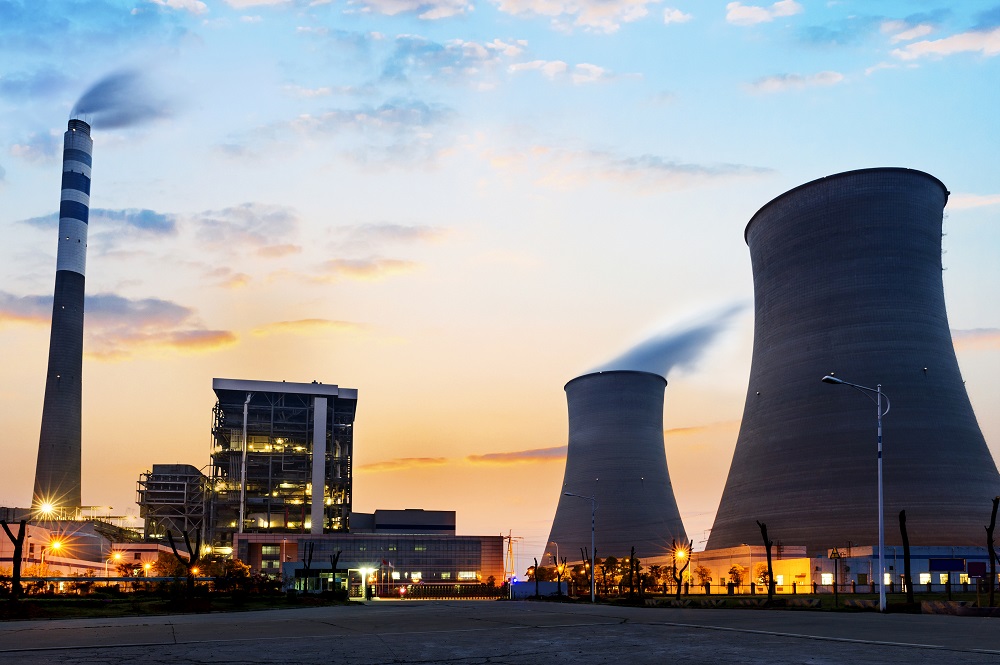Addressing concerns about uranium supply and proliferation risks, Grossi assured that the IAEA’s robust inspection regime minimises proliferation threats. He also discussed the limited success of initiatives like the Low Enriched Uranium (LEU) bank in Kazakhstan, noting that while it provides some security, broader technological restrictions are impractical.
read more
Amid growing geopolitical tensions and the increasing weaponisation of energy resources, nuclear power is witnessing a resurgence, according to Rafael Mariano Grossi, Director General of the International Atomic Energy Agency (IAEA).
Speaking at Firstpost’s IdeasPod, held as part of the annual Raisina Dialogue, organised by the Observer Research Foundation (ORF) in partnership with the Ministry of External Affairs, Grossi highlighted the renewed interest in nuclear energy as countries seek energy security and sustainable power solutions.
WATCH: Is Nuclear Energy the Future? Nuclear Watchdog Chief Answers | Firstpost Ideas Pod | N18G
Grossi described the renewed interest in nuclear power as a “return to realism” rather than a renaissance, driven by the global need for electrification, decarbonisation, and reliable base-load energy.
He pointed to the widespread revival of nuclear power, with significant growth in India, China, Japan, North America, and parts of Europe. Central and Eastern European nations, including Czechia, Slovakia, Romania, Bulgaria, and Poland, are also turning to nuclear energy to reduce dependence on gas imports.
Addressing concerns over the concentration of nuclear fuel sources in a few countries, Grossi downplayed fears of supply disruptions, stating that there is currently

